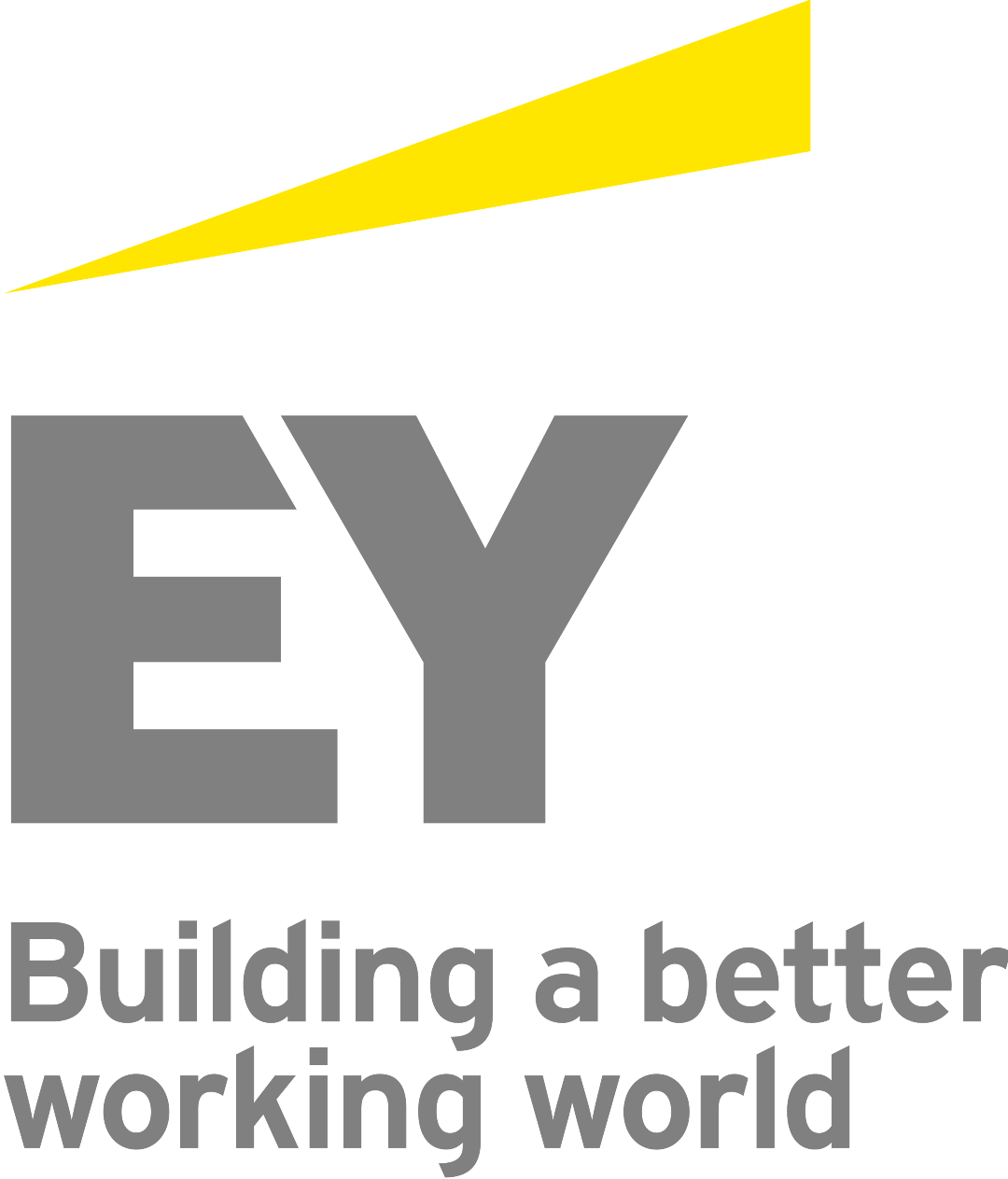30% of Canadian consumers report decreased dependence on their bank
Two-thirds report insufficient knowledge of financial products available to them, according to EY
TORONTO, Oct. 21, 2016 /CNW/ - Nearly one-third of Canadian consumers say they're less dependent on their bank their primary financial services provider, according to EY's 2016 Consumer Banking Survey, which polled over 2,000 consumers in Canada.
"The results of our survey show a changing attitude towards traditional banks, as people look for an enhanced customer experience, simpler products and high-quality advice," says Paul Battista, EY's Financial Services Advisory Leader. "To stay relevant, especially as financial technology companies, or Fintechs, are taking a piece of the market, traditional banks need to build on their strengths – including brand, trust and community presence -- and invest in a superior customer experience."
The rise of non-banks
According to EY's survey, decreased dependence on traditional banks translates to increased interest in Fintechs.
"Already, nearly 40% of consumers have used non-bank providers in the last 12 months," says Battista. "An additional 20%, who have not yet used them plan to in the near future. In other words, consumers are increasingly open to signing up for financial products with non-bank entities and – as pointed out in EY's recent Fintech Adoption Index – we expect this trend to continue."
Four factors of relevance
See these stats as an infographic
- Trust
Canadian banks have been able to retain consumer trust for decades, and trust remains a key part of their brand. EY's survey shows 96% of customers trust their bank to keep their money safe. However, that high level of trust isn't reflected in all facets of their business. 19% of Canadians have little or no trust that banks will provide unbiased advice. Traditional banks need to rebuild that aspect of trust with Canadians.
- Understanding
According to EY's survey, only 15% of Canadians are both digitally and financially savvy, meaning they understand the financial products available to them, and they're comfortable using digital channels. Looking at financial savviness alone – two thirds (41% and 26% combined) feel they don't have sufficient knowledge of financial products and services available to them.
Banks have an opportunity to improve customer experience by learning more about customer behaviours and attitudes. Then, they can engage with them in a more relevant way, filling that gap in understanding.
- Engagement
"While statistics point to increased interest in digital banking services, competing with Fintechs doesn't mean an online-only presence," explains Battista.
EY's survey shows that while 77% of consumers go online first to research a product, 59% need to speak to someone to get advice or sign up for a new product. Similarly, 66% think having a digital presence is highly important, but 60% also think that having a physical presence is highly important.
"For banks, this dichotomy means they need to make routine transactions easy through technology, but also allow customers to transition seamlessly between channels when they want to talk to a human advisor," says Battista.
- Experience
EY's survey confirms that non-bank entrants are providing an outstanding customer experience. Three of the top four reasons why customers would consider using a non-bank provider relate to customer experience factors: access to different products and services, ease of setting up an account, as well as better online experience and functionality.
"The customer has to come first. Investing in data analytics, digital technology and streamlined procedures to better understand customer behaviours will help banks offer a better experience and innovate their products," adds Battista.
Read the full EY 2016 Consumer Banking Survey.
About the survey
EY 2016 Global Consumer Banking Survey gathers insight from 55,000 consumers from 32 countries worldwide, including 2,021 in Canada, to develop a deep and quantitative understanding of customer preferences and behaviors, as well as their attitude toward new emerging competitors that increasingly challenge traditional banks. The survey was conducted online, between January and April 2016.
About EY
EY is a global leader in assurance, tax, transaction and advisory services. The insights and quality services we deliver help build trust and confidence in the capital markets and in economies the world over. We develop outstanding leaders who team to deliver on our promises to all of our stakeholders. In so doing, we play a critical role in building a better working world for our people, for our clients and for our communities.
For more information, please visit ey.com/ca. Follow us on Twitter @EYCanada.
EY refers to the global organization and may refer to one or more of the member firms of Ernst & Young Global Limited, each of which is a separate legal entity. Ernst & Young Global Limited, a UK company limited by guarantee, does not provide services to clients. For more information about our organization, please visit ey.com.
SOURCE EY (Ernst & Young)

Sasha Anopina, [email protected], 416 943 2637; Julie Fournier, [email protected], 514 874 4308; Leigh Kjekstad, [email protected], 604 648 3807

Share this article